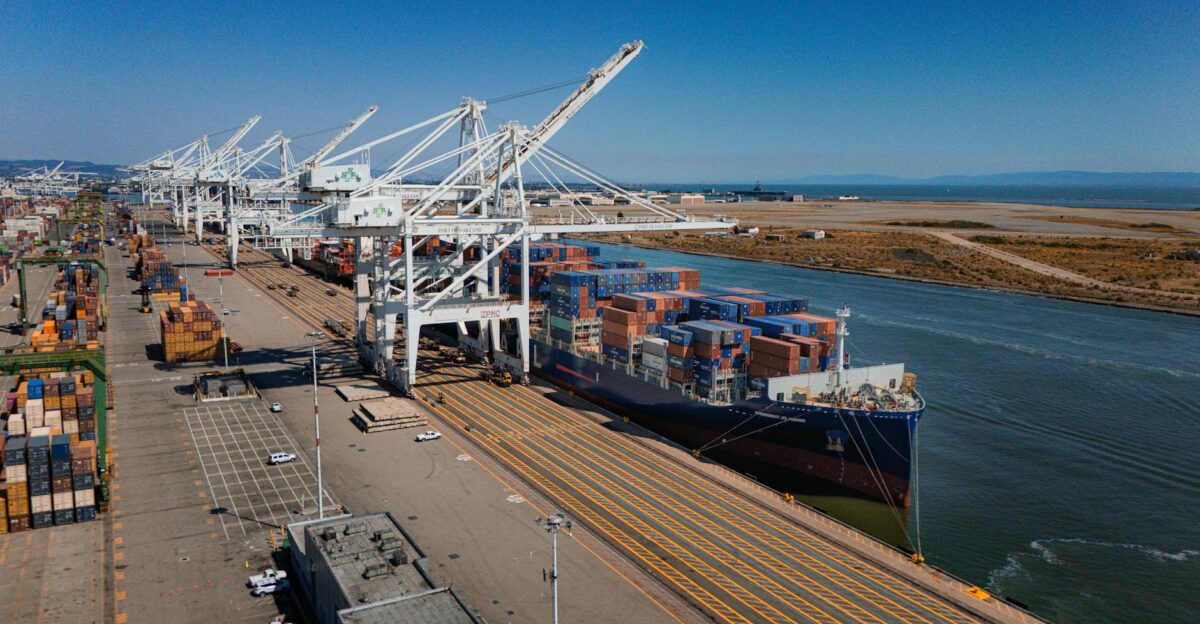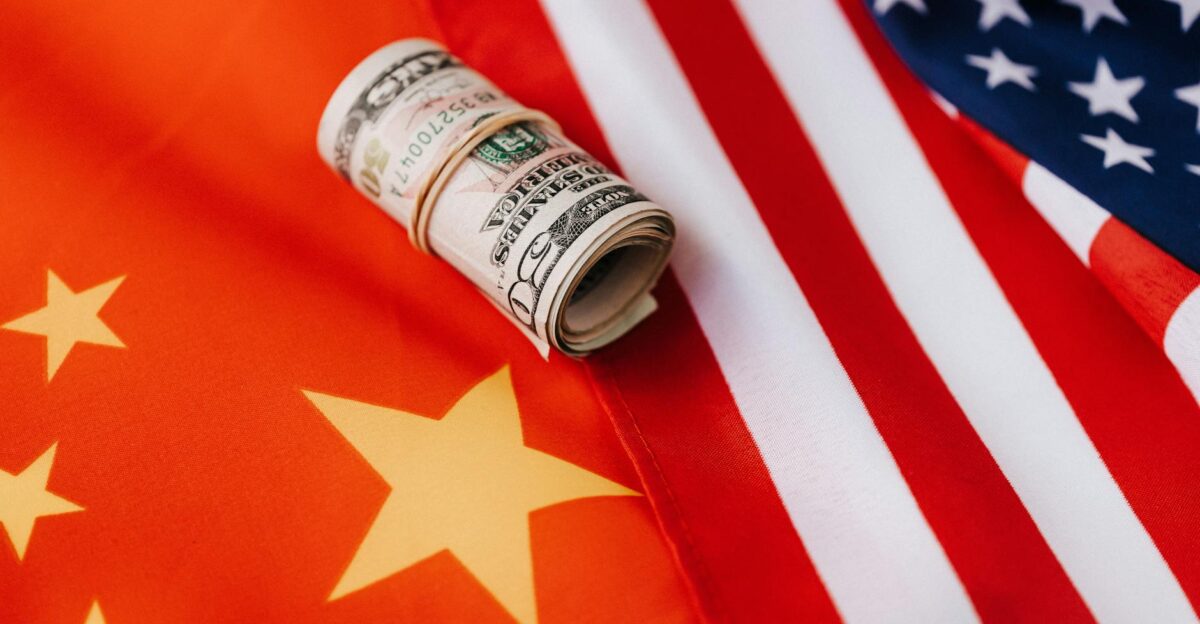
New EU tariffs, introduced in response to U.S. policies, escalate trade tensions and impact key sectors like agriculture, automotive, aerospace, and technology. Farmers may lose export markets, car manufacturers face higher costs, and tech companies risk disruptions to supply chains. Economists warn these tariffs could trigger retaliatory measures, disrupt global supply chains, inflate costs, and reduce competitiveness, leading to slower growth and delayed investments. Most notably, American consumers will likely face higher prices, fewer choices, and reduced economic opportunities. This article examines the broader fallout of these trade policies.
The Tariff Landscape Explained

Tariffs are taxes placed on imported goods, designed to protect domestic industries and encourage local production. However, when the EU imposes tariffs on U.S. goods, it results in higher costs for exporters, which can trickle down through the entire supply chain. According to trade expert Dr. Susan Marks from the Global Trade Institute, these fees not only burden businesses but also lead to higher prices for consumers. Critics, including Dr. Marks, caution that an escalating tariff war could cause widespread disruptions, inefficiencies in global trade, and strained economic relationships between key trading partners.
American Exporters Face the Heat

U.S. exporters are raising concerns over new EU tariffs set to impact agriculture, automotive, and technology industries. Higher prices in Europe may reduce demand for American products, putting pressure on these sectors, especially smaller businesses, which could face financial losses, layoffs, or closures. Chamber of Commerce President Suzanne Clark warned, “These tariffs are a roadblock to economic recovery, threatening jobs and growth on both sides of the Atlantic.” As the U.S. navigates post-pandemic challenges, these tariffs risk further straining an already fragile recovery.
A Blow to American Manufacturing

Manufacturing hubs in the United States, heavily reliant on international trade, are especially vulnerable to tariffs. These increased costs from retaliatory tariffs could significantly impact their competitiveness, making it harder for them to thrive in global markets. Experts warn that such policies, while intended to protect domestic industries, may ultimately backfire. Instead of fostering growth, they could weaken these industries by raising production costs and reducing their ability to innovate. As global competition intensifies, U.S. manufacturers may find themselves at a disadvantage, struggling to maintain their footing in an increasingly interconnected and competitive economy.
The Consumer’s Burden

Tariffs don’t just affect businesses—they hit the wallets of everyday Americans. When manufacturers face higher tariffs, they often pass these costs to consumers, raising prices on essentials like cars, electronics, and food. This can make everyday items less affordable and add to inflation, straining household budgets. A study by the National Bureau of Economic Research found that U.S. tariffs from 2018-2019 led to higher prices, with American consumers bearing most of the burden. Tariffs have ripple effects, directly increasing the cost of living for millions of people.
Job Market Ramifications

When businesses face higher costs due to tariffs and reduced international demand, job cuts often follow as companies struggle to maintain profitability. Trade and freight experts warn that these ripple effects can severely impact industries connected to global markets. According to the Peterson Institute for International Economics, tariffs not only raise production costs but also disrupt supply chains, making it harder for businesses to compete globally. This mounting uncertainty compounds the pressure on an already fragile job market, potentially leading to widespread layoffs and economic instability.
EU Tariffs Aren’t Limited to One Industry

The EU tariff package targets a wide range of U.S. products, from consumer goods like clothing and food items to industrial machinery such as equipment used in manufacturing and construction. By diversifying their focus, EU policymakers aim to place strategic pressure on vulnerable sectors of the American economy, potentially impacting both everyday consumers and large-scale industries. According to a report by Reuters, this broad approach could lead to systemic challenges, including disrupted supply chains, increased costs for businesses, and economic ripple effects that extend beyond specific targeted industries, potentially straining trade relations between the two regions.
An Economic Domino Effect

Experts warn of a potential economic domino effect as escalating tariffs take their toll. Reduced exports weaken industries, leading to job losses and decreased consumer spending, creating a cycle of economic decline. This pattern has been seen in past trade disputes and poses a risk of tipping the economy into recession. According to economist Janet Yellen, “Trade tensions and tariffs create uncertainty for businesses, dampening investment and slowing economic growth.” If these issues remain unchecked, the ripple effects could have far-reaching consequences, impacting not just businesses but households across the nation.
Strained Diplomatic Relations

Beyond the economy, these tariffs reflect a troubling decline in the relationship between longstanding allies, the U.S. and the EU. While initially focused on trade disputes, the tensions risk spilling over into broader political disagreements, potentially weakening their ability to collaborate on critical global challenges. Issues like climate change, international security, and economic stability require unified efforts, but escalating rifts could hinder progress on these fronts. Experts emphasize the importance of diplomatic dialogues and compromise to prevent further division, warning that a fragmented alliance could have far-reaching consequences for global governance and stability.
Could Trump’s Strategy Backfire?

The U.S. administration sees tariffs as a bargaining tool against the EU, but experts warn this approach could have unintended consequences. According to a Brookings Institution analysis, such measures risk pushing allies into opposing economic and political blocs, weakening cooperation on global issues. The Council on Foreign Relations highlights that this could erode U.S. influence, isolating the country both economically and diplomatically. While tariffs may deliver short-term leverage, the long-term fallout—such as strained alliances and reduced global leadership—could far outweigh any immediate benefits, leaving the U.S. in a more precarious position globally.
Lessons from Past Trade Wars

History offers a cautionary tale. Previous trade wars, such as the U.S.-China conflict, often resulted in significant economic pain for both countries while achieving minimal policy gains. These conflicts disrupted global supply chains, raised consumer costs, and strained international relationships. Experts stress the need to prioritize negotiation over confrontation to prevent repeating past mistakes. Economist Paul Krugman noted, “Trade wars are not easy to win. They often create more harm than good, especially for the global economy.” Learning from these experiences is crucial to fostering stronger, more cooperative international trade policies in the future.
The Path Forward

To prevent disastrous consequences, experts strongly recommend renewed dialogue between the U.S. and EU. Strengthening cooperation and identifying common ground on trade policies is crucial to avoiding long-term economic and political damage. Although navigating the complexities of international politics is challenging, fostering open communication and collaboration between these key global players is essential. Prioritizing economic stability, fair trade practices, and strong international relations will benefit not only these regions but also the broader global economy and community.